The boss of Nissan Europe has called on governments to do more to force businesses to adopt electrified vehicles.
Speaking at the Nissan Futures event in Oslo, Norway – where Nissan launched a new version of its Nissan e-NV200 van with a greatly extended range – Paul Willcox said that rather than simply penalising drivers of diesel private vehicles, governments must also incentivise businesses to invest in EVs.
Oslo has been named Europe’s green capital for 2019, and Willcox said the city’s investment in EV infrastructure showed what legislators in the rest of Europe should do.
“Oslo is showing a vision for the future, and Norway is the most progressive country in the world when it comes to electric vehicles,” he said. “25% of newly registered cars in Norway are electric.
“It’s time for governments elsewhere to sit up and take notice. We’ve invested $5 billion in electric vehicles and networks and we believe now it’s time for governments to take action.
“Lots of countries are introducing penalties for polluting cars, but not enough is being done to solve the root of the pollution problem: businesses. There has been a huge increase in the number of vans on roads in the UK. It’s an area we can make a huge difference in.
“We’ve gone further and further in developing the electric van with the new e-NV200. We believe governments need to step up and think electric to give incentives to van drivers and businesses to go green. Ten percent of all CO2 pollution comes from vans, and within 10 years we could turn every mile of van deliveries in our cities into a green mile.”
Read more:
Nissan to expand bi-directional charging scheme with UK project

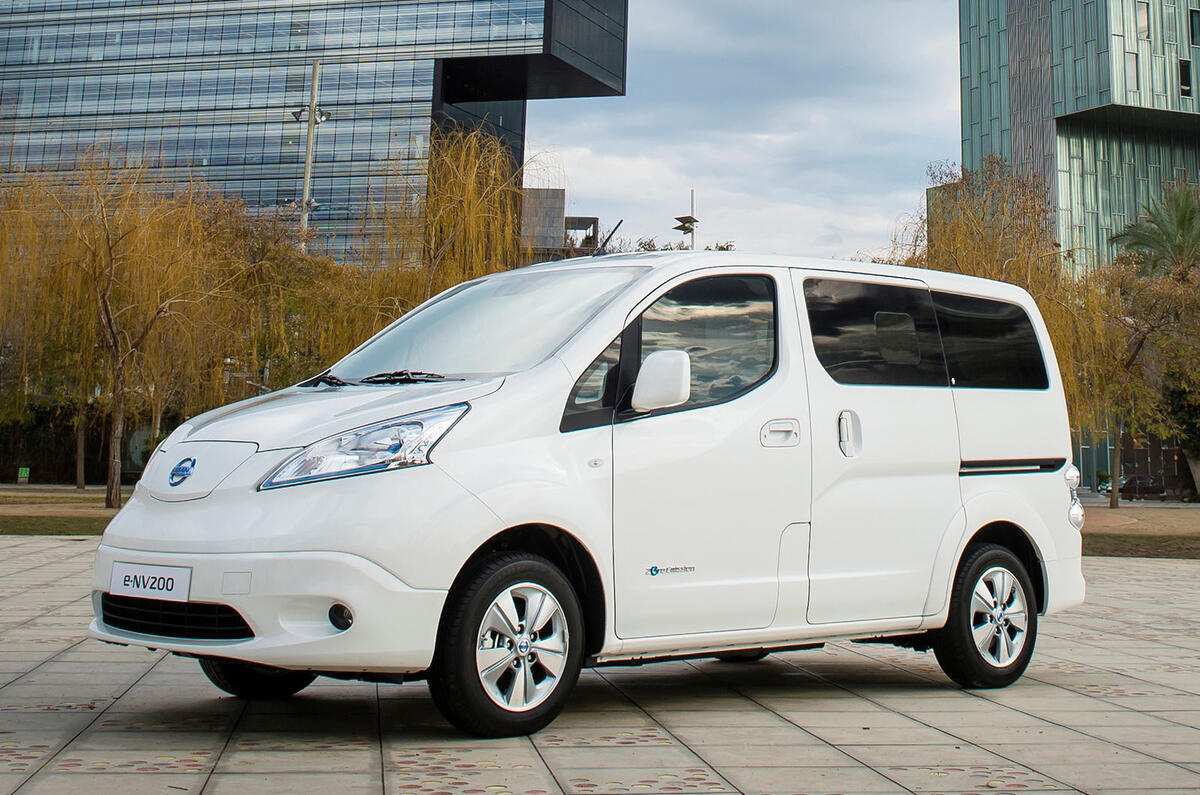
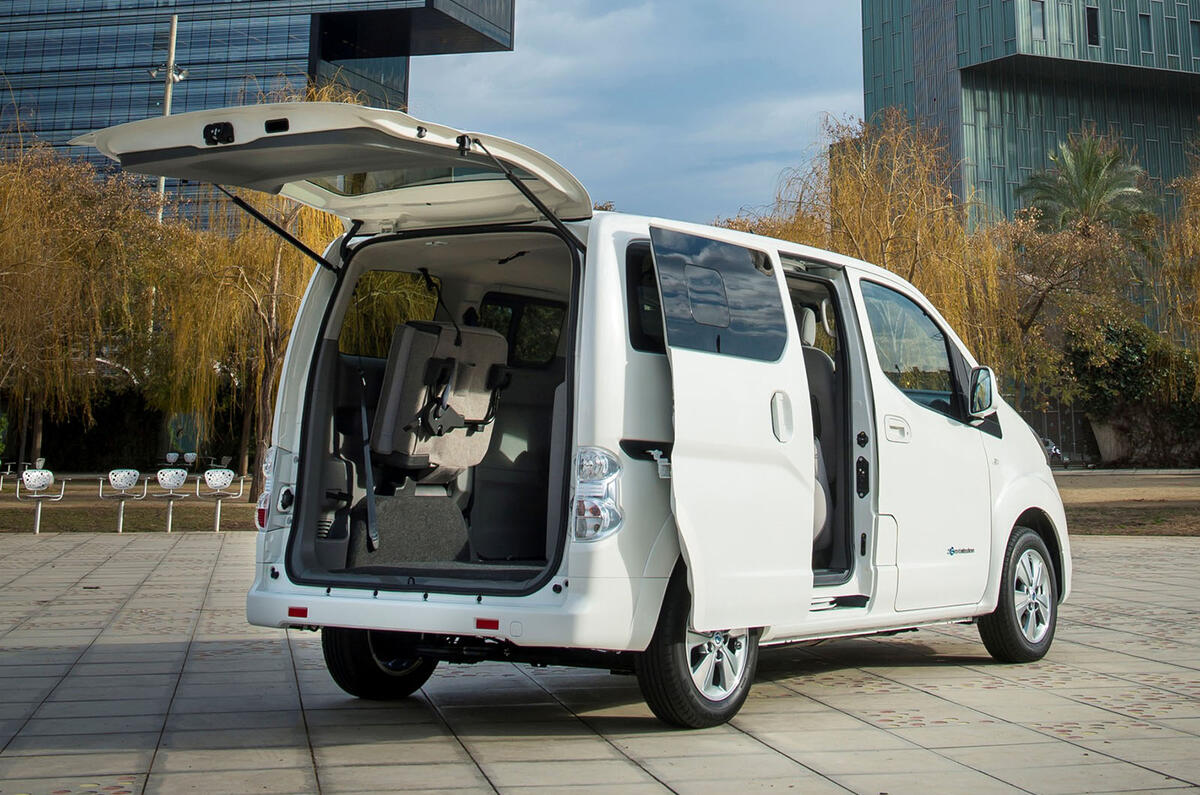
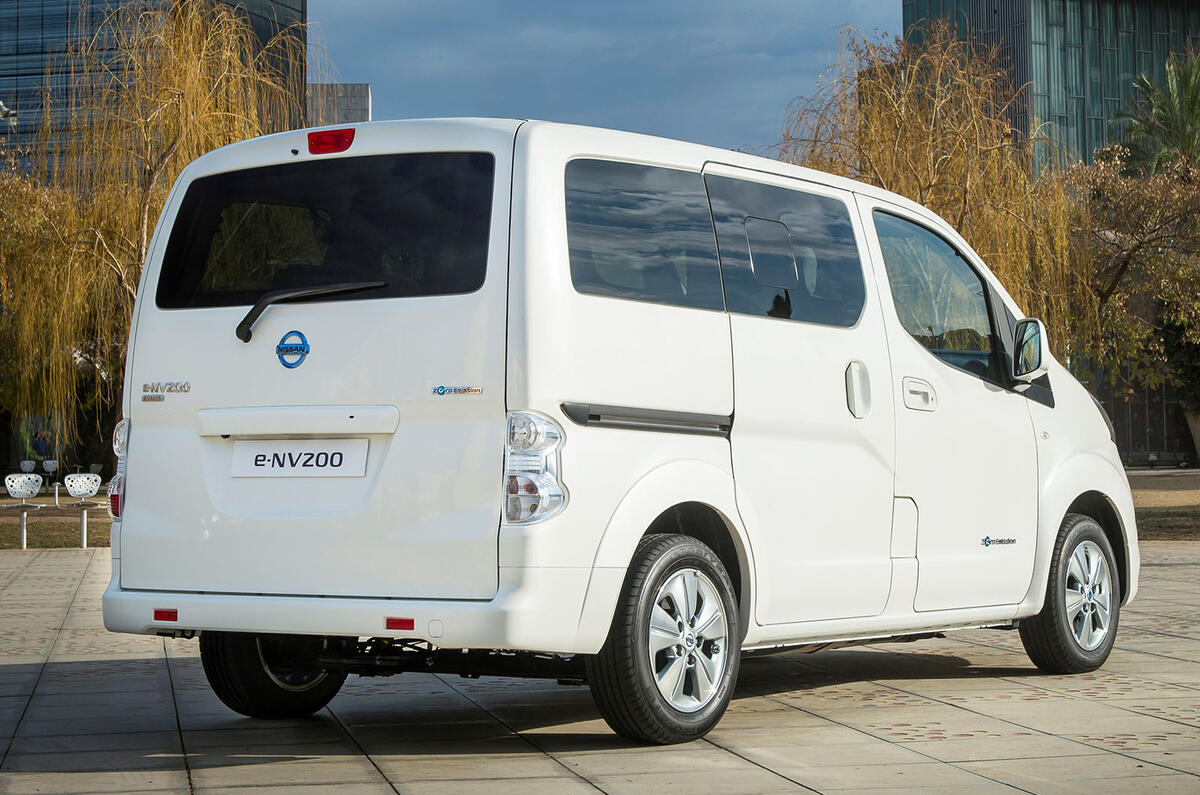
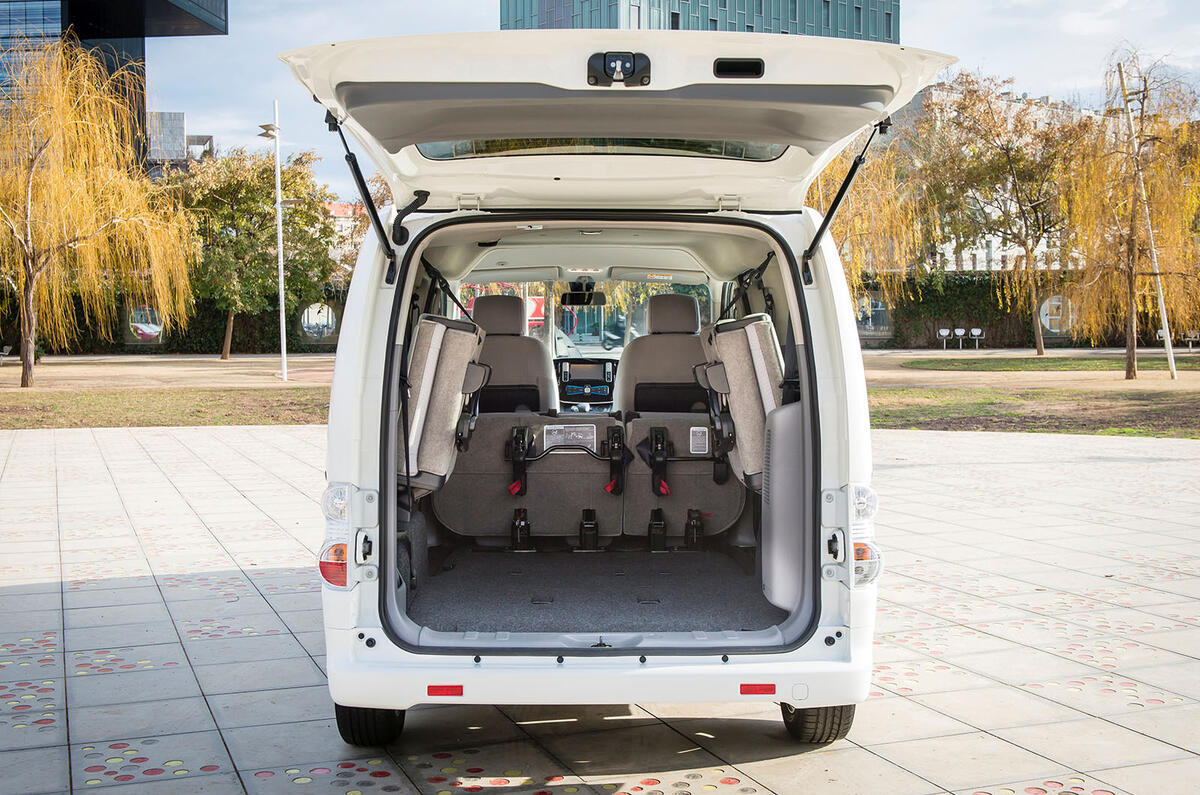
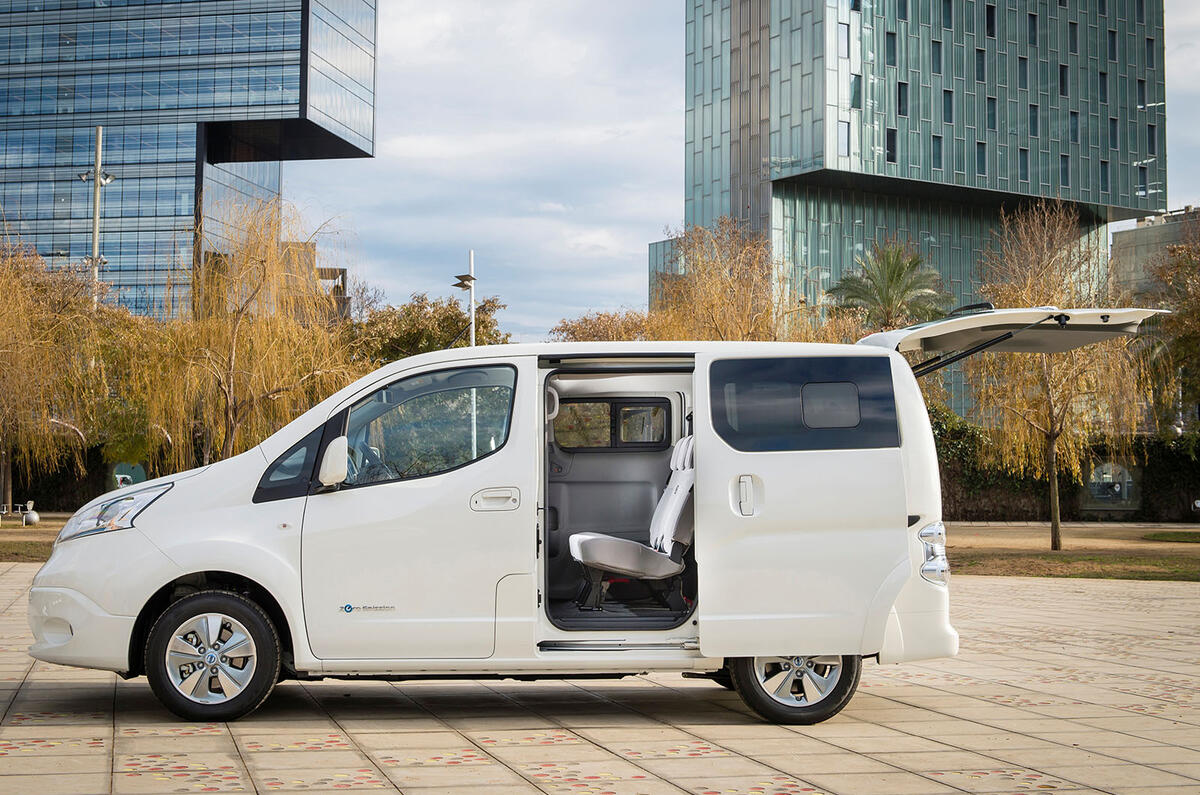
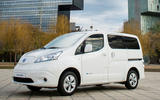
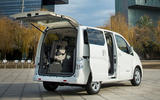
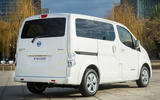

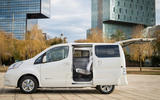







Join the debate
Add your comment
No they shouldn't.
No they shouldn't.
Electric cars have to be economically competitive without subsidies.
Make the cars much lighter & much more aerodynamically efficient.